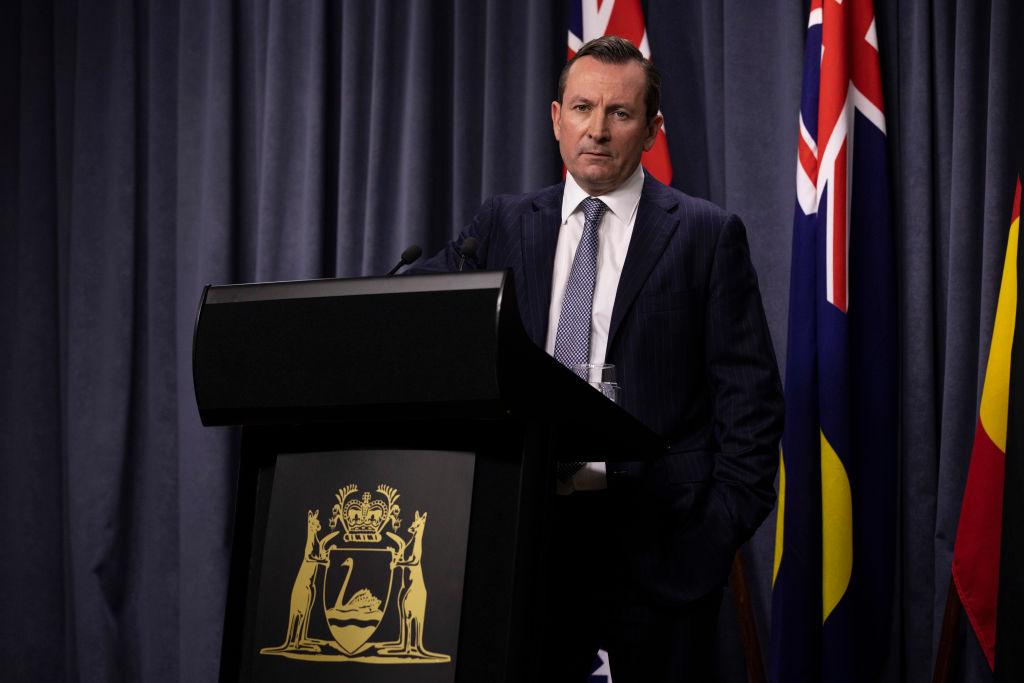Every West Australian household will receive a $600 (US$430) credit towards their electricity bills as part of the upcoming state budget.

Western Australian Premier Mark McGowan speaks during a media conference at Dumas House in Perth, Australia on Sept. 4, 2020. Matt Jelonek/Getty Images
|Updated:




